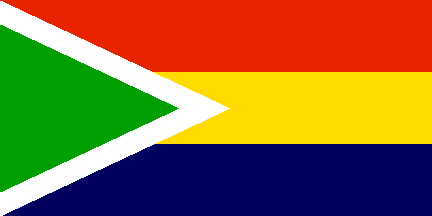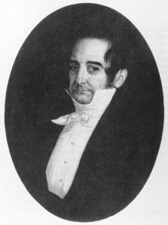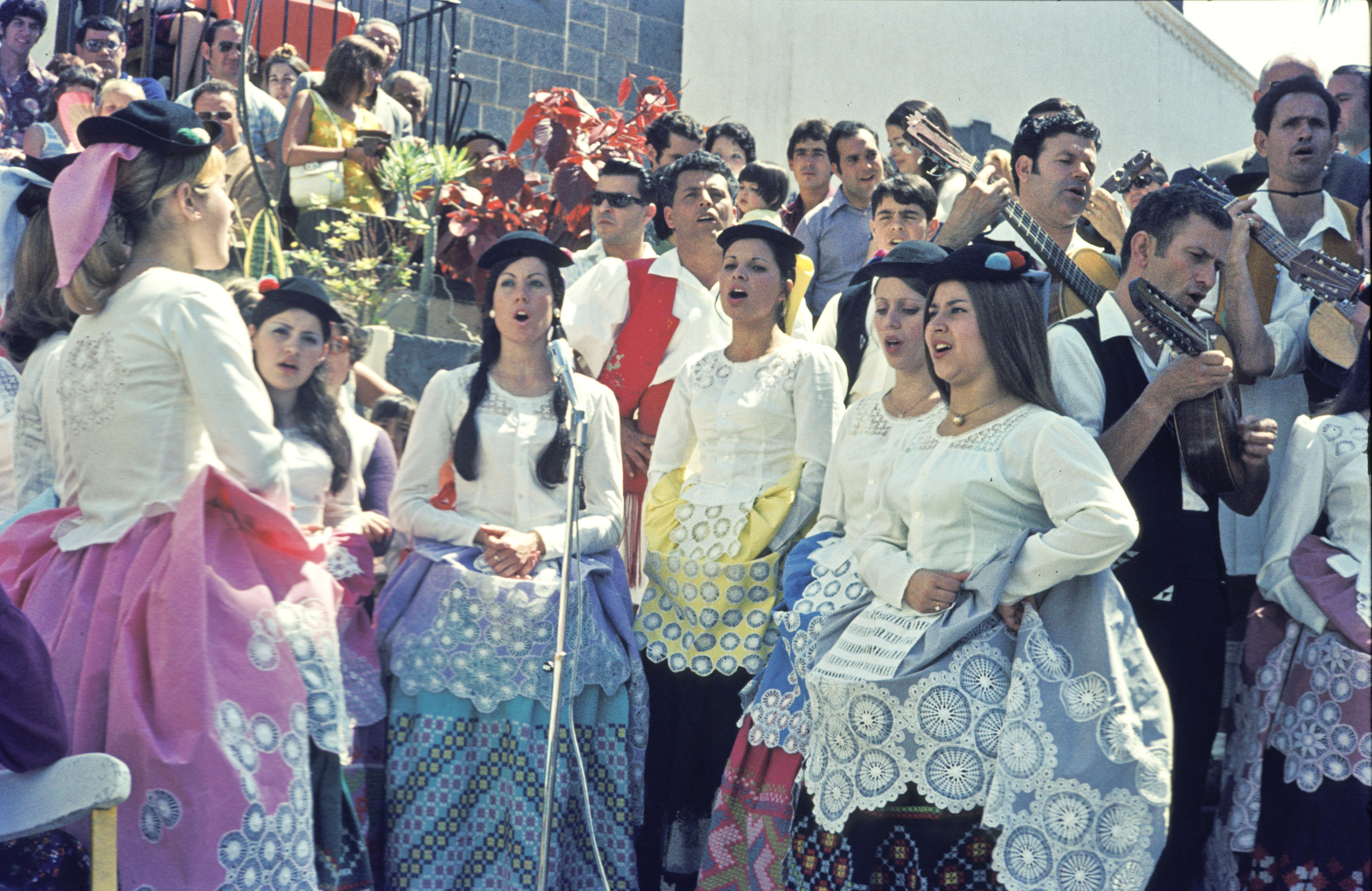|
Isleños (Louisiana)
Isleños (french: Islingues) are a Spanish ethnic group living in the state of Louisiana in the United States, consisting of people primarily from the Canary Islands. Isleños are descendants of colonists who settled in Spanish Louisiana between 1778 and 1783 and intermarried with other communities such as Frenchmen, Acadians, Creoles, Hispanic Americans, Filipinos, and other groups, mainly through the nineteenth and early twentieth centuries. In Louisiana, the Isleños originally settled in four communities which included Galveztown, Valenzuela, Barataria, and San Bernardo. Of those settlements, Valenzuela and San Bernardo were the most successful as the other two were plagued with both disease and flooding. The large migration of Acadian refugees to Bayou Lafourche led to the rapid gallicization of the Valenzuela community while San Bernardo was able to preserve much of its unique culture and language into the twenty-first century. However, the transmission of Spanish and other ... [...More Info...] [...Related Items...] OR: [Wikipedia] [Google] [Baidu] |
Alcide Nunez
Alcide Patrick Nunez (March 17, 1884 – September 2, 1934), also known as Yellow Nunez and Al Nunez, was an American jazz clarinetist. He was one of the first musicians of New Orleans to make audio recordings. Biography Alcide Patrick Nunez was born in St. Bernard Parish, Louisiana, United States.Alcide Nunez . (2010) Hurricanebrassband.nl. Retrieved 22 December 2011. His parents were Victor Nunez and Elisa Nunez Chalaire and were of Isleño and French Creole descent respectively. The family moved to New Orleans when he was a child. He grew up amid the [...More Info...] [...Related Items...] OR: [Wikipedia] [Google] [Baidu] |
Isleño Spanish
Isleño Spanish (Spanish: , french: espagnol islingue) is a dialect of the Spanish language spoken by the descendants of Canary Islanders who settled in St. Bernard Parish, Louisiana, United States, during the late 18th century. It has been greatly influenced by adjacent language communities as well as immigration from peninsular Spain and other Spanish-speaking countries. Moreover, the dialect spoken by the Isleños who settled along Bayou Lafourche is differentiated as Brule Spanish. In the present day, Isleño Spanish is approaching complete extinction. Throughout the 20th century, modernization and urbanization came to disrupt greatly the transmission of Spanish, coupled with the hardships of natural disasters. The remaining Spanish speakers of the community tend to be elderly individuals from fishing communities of eastern St. Bernard Parish. History The Isleños are descendants of colonists from the Canary Islands who arrived in Spanish Louisiana between 1778 and 1783. ... [...More Info...] [...Related Items...] OR: [Wikipedia] [Google] [Baidu] |
Ethnic Group
An ethnic group or an ethnicity is a grouping of people who identify with each other on the basis of shared attributes that distinguish them from other groups. Those attributes can include common sets of traditions, ancestry, language, history, society, culture, nation, religion, or social treatment within their residing area. The term ethnicity is often times used interchangeably with the term nation, particularly in cases of ethnic nationalism, and is separate from the related concept of races. Ethnicity may be construed as an inherited or as a societally imposed construct. Ethnic membership tends to be defined by a shared cultural heritage, ancestry, origin myth, history, homeland, language, or dialect, symbolic systems such as religion, mythology and ritual, cuisine, dressing style, art, or physical appearance. Ethnic groups may share a narrow or broad spectrum of genetic ancestry, depending on group identification, with many groups having mixed genetic ancestry. Ethnic ... [...More Info...] [...Related Items...] OR: [Wikipedia] [Google] [Baidu] |
Spanish People
Spaniards, or Spanish people, are a Romance ethnic group native to Spain. Within Spain, there are a number of national and regional ethnic identities that reflect the country's complex history, including a number of different languages, both indigenous and local linguistic descendants of the Roman-imposed Latin language, of which Spanish is the largest and the only one that is official throughout the whole country. Commonly spoken regional languages include, most notably, the sole surviving indigenous language of Iberia, Basque, as well as other Latin-descended Romance languages like Spanish itself, Catalan and Galician. Many populations outside Spain have ancestors who emigrated from Spain and share elements of a Hispanic culture. The most notable of these comprise Hispanic America in the Western Hemisphere. The Roman Republic conquered Iberia during the 2nd and 1st centuries BC. Hispania, the name given to Iberia by the Romans as a province of their Empire, became highly acc ... [...More Info...] [...Related Items...] OR: [Wikipedia] [Google] [Baidu] |
Louisiana Creole People
Louisiana Creoles (french: Créoles de la Louisiane, lou, Moun Kréyòl la Lwizyàn, es, Criollos de Luisiana) are people descended from the inhabitants of colonial Louisiana before it became a part of the United States during the period of both French and Spanish rule. As an ethnic group, their ancestry is mainly of Louisiana French, West African, Spanish and Native American origin. Louisiana Creoles share cultural ties such as the traditional use of the French, Spanish, and Creole languages and predominant practice of Catholicism. The term ''Créole'' was originally used by the Louisiana French to distinguish people born in Louisiana from those born elsewhere, thus drawing a distinction between Old-World Europeans and Africans from their Creole descendants born in the New World.Kathe ManaganThe Term "Creole" in Louisiana : An Introduction, lameca.org. Retrieved December 5, 2013 [...More Info...] [...Related Items...] OR: [Wikipedia] [Google] [Baidu] |
Spanish Americans
Spanish Americans ( es, españoles estadounidenses, ''hispanoestadounidenses'', or ''hispanonorteamericanos'') are Americans whose Spanish people, ancestry originates wholly or partly from Spain. They are the longest-established European Americans, European American group in the modern United States of America, with a very small group descending from those explorations leaving from Spain and the New Spain, Viceroyalty of New Spain (modern Mexico), and starting in the early 1500’s, of 42 of the future US states from California to Florida; and beginning a continuous presence in Florida since 1565 and New Mexico since 1598. Many Hispanic and Latino Americans (Hispanos being the oldest group) living in the United States have Spanish diaspora, Spanish ancestral roots due to five centuries of Spanish colonial settlement and large-scale immigration of Hispanic groups after independence. By this criterion, these groups, and especially white Hispanic and Latino Americans 12,579,626 ... [...More Info...] [...Related Items...] OR: [Wikipedia] [Google] [Baidu] |
Canary Islanders
Canary Islanders, or Canarians ( es, canarios), are a Romance people and ethnic group. They reside on the Canary Islands, an autonomous community of Spain near the coast of northwest Africa, and descend from a mixture of European settlers and aboriginal Guanche peoples.Ricardo Rodríguez-Varel et al. 2017Genomic Analyses of Pre-European Conquest Human Remains from the Canary Islands Reveal Close Affinity to Modern North Africans/ref> Genetics shows modern Canarian people to be, on average, a population of mostly European ancestry, with some Northwest African admixture. The distinctive variety of the Spanish language spoken in the region is known as ''habla canaria'' (''Canary speech'') or the (''dialecto'')'' canario'' ( Canarian dialect). The Canarians, and their descendants, played a major role during the conquest, colonization, and eventual independence movements of various countries in Latin America. Their ethnic and cultural presence is most palpable in the countries of Uruguay ... [...More Info...] [...Related Items...] OR: [Wikipedia] [Google] [Baidu] |
Canarian Americans
Canarian Americans ( es, Americanos Canarios) are Americans whose ancestors came from the Canary Islands, Spain. They can trace their ancestry to settlers and immigrants who have emigrated since the 16th century to the present-day United States. Most of them are descendants of settlers who immigrated to Spanish colonies in the South of the modern US during the 18th century. The Canarians were among the first settlers of the modern United States;The first Spaniards who emigrated to Florida did so in 1565 and 1569. Among those Spaniards there were some Canarians. Florida was the first Spanish colony in the modern United States which was populated by Spaniards. the first Canarians migrated to modern Florida in 1569, and were followed by others coming to ''La Florida'', Texas and Louisiana. Canarian Americans today consist of several communities, formed by thousands of people. Those in San Antonio and in Louisiana are mostly of Canarian settler descent. Their ancestors arrived in w ... [...More Info...] [...Related Items...] OR: [Wikipedia] [Google] [Baidu] |
Roman Catholic
Roman or Romans most often refers to: *Rome, the capital city of Italy *Ancient Rome, Roman civilization from 8th century BC to 5th century AD *Roman people, the people of ancient Rome *'' Epistle to the Romans'', shortened to ''Romans'', a letter in the New Testament of the Christian Bible Roman or Romans may also refer to: Arts and entertainment Music * Romans (band), a Japanese pop group * ''Roman'' (album), by Sound Horizon, 2006 * ''Roman'' (EP), by Teen Top, 2011 *" Roman (My Dear Boy)", a 2004 single by Morning Musume Film and television * Film Roman, an American animation studio * ''Roman'' (film), a 2006 American suspense-horror film * ''Romans'' (2013 film), an Indian Malayalam comedy film * ''Romans'' (2017 film), a British drama film * ''The Romans'' (''Doctor Who''), a serial in British TV series People *Roman (given name), a given name, including a list of people and fictional characters *Roman (surname), including a list of people named Roman or Romans *Ῥωμ� ... [...More Info...] [...Related Items...] OR: [Wikipedia] [Google] [Baidu] |
Frespañol
Frespañol or frespagnol (also known as ''frañol'' or ''fragnol''), is a portmanteau of the words (or in Spanish) and , which mean French and Spanish mixed together, usually in informal settings. This example of code-switching is a mixture between French and Spanish, almost always in speech, but may be used in writing occasionally. Spanish and French are Romance languages and share similarities in morphology and syntax. Such code-switching may be used or has been used in places where both languages meet, for example in Equatorial Guinea, among Haitians in the Dominican Republic, by first-generation Spaniards in France, or Latin American community in Montreal, Canada. This code-switching has historical and current presence in North, Central and South America. Historically, the Isleños in Louisiana were also exposed to and accustomed to living with both languages, as were numerous French emigrant communities across Latin America (e.g. French Argentines), whose descendants ... [...More Info...] [...Related Items...] OR: [Wikipedia] [Google] [Baidu] |
Spanglish
Spanglish (a portmanteau of the words "Spanish" and "English") is any language variety (such as a contact dialect, hybrid language, pidgin, or creole language) that results from conversationally combining Spanish and English. The term is mostly used in the United States and refers to a blend of the words and grammar of the two languages. More narrowly, Spanglish can specifically mean a variety of Spanish with heavy use of English loanwords. Since different Spanglish arises independently in different regions of varying degrees of bilingualism, it reflects the locally spoken varieties of English and Spanish. Different forms of Spanglish are not necessarily mutually intelligible. The term ''Spanglish'' is first recorded in 1933.Lambert, James. 2018. A multitude of ‘lishes’: The nomenclature of hybridity. ''English World-wide'', 39(1): 31. It corresponds to the Spanish terms Espanglish (from ''Español'' + ''English'', introduced by the Puerto Rican poet Salvador Tió in t ... [...More Info...] [...Related Items...] OR: [Wikipedia] [Google] [Baidu] |




